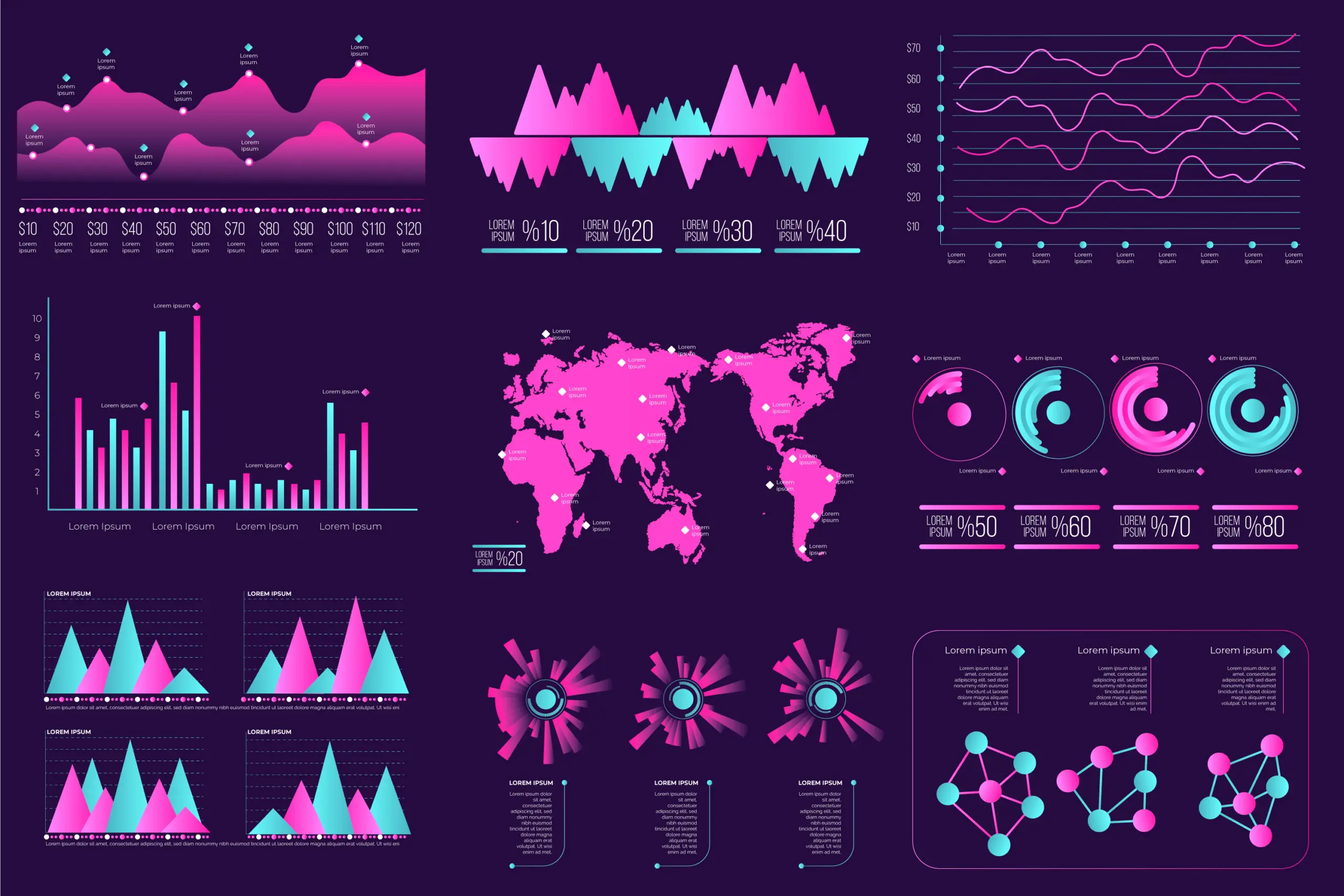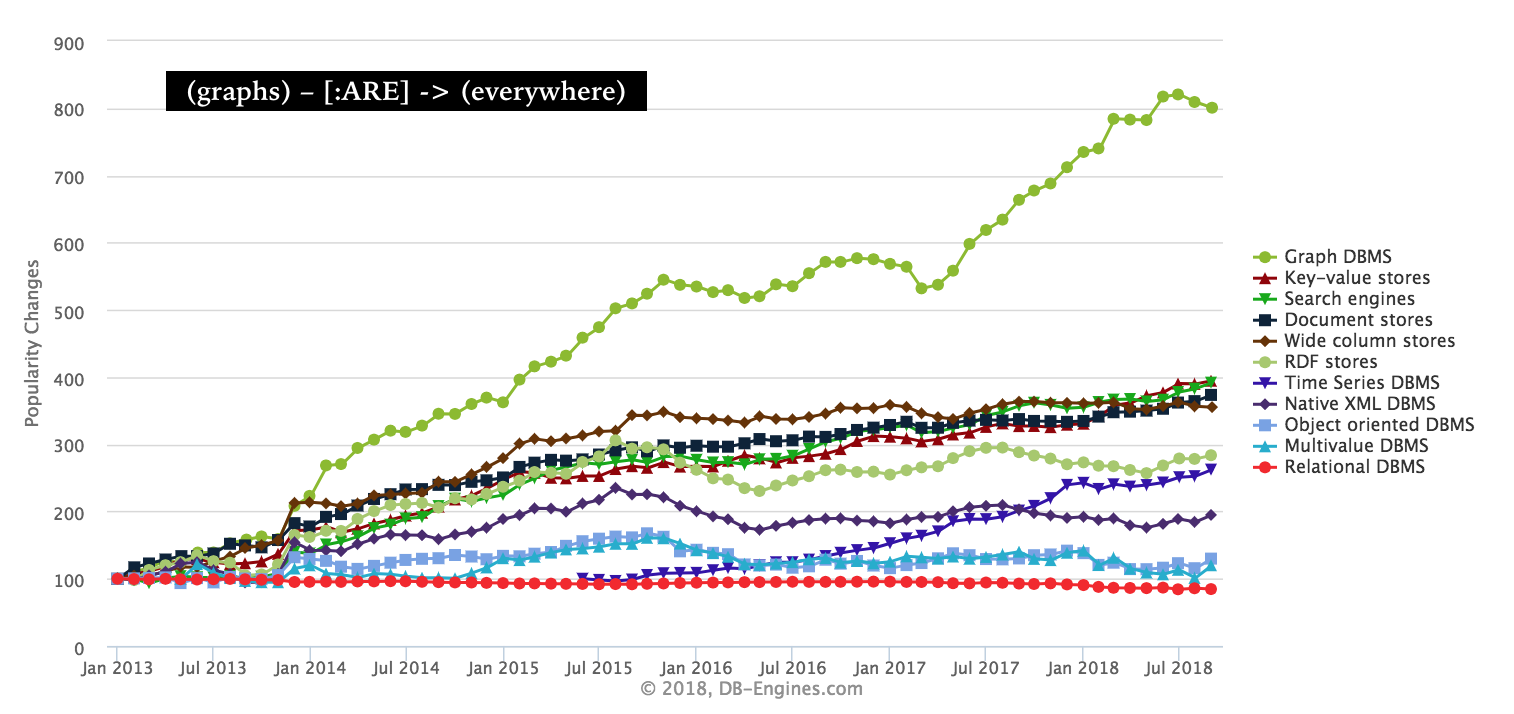Europe's AI Crossroads: Balancing Innovation and Regulation
Europe stands at a critical juncture in the global AI race. While possessing the essential ingredients for success – ambitious entrepreneurs, top-tier educational institutions, available capital, and abundant talent – the continent faces significant headwinds in unleashing its full AI potential. Sonali De Rycker, a general partner at Accel and a leading voice in European venture capital, emphasizes the need for a delicate balance between fostering innovation and implementing effective regulation.
The Promise and Peril of Europe's AI Ambitions
De Rycker, speaking at a TechCrunch StrictlyVC event in London, expressed optimism about Europe's AI prospects. "We have all the pieces," she stated, emphasizing the continent's strengths. However, she cautioned that Europe's complex regulatory landscape, particularly the Artificial Intelligence Act (AI Act), could hinder progress.
The AI Act: A Double-Edged Sword
The AI Act aims to establish stringent rules for AI applications deemed "high risk," such as those used in healthcare and finance. While acknowledging the importance of ethical AI and consumer protection, De Rycker voiced concerns that the Act's broad scope and potentially severe penalties could stifle innovation, especially among early-stage startups. The fear is that excessive regulation could deter experimentation and entrepreneurship, ultimately hindering Europe's ability to compete on the global stage.
"There's a real opportunity to make sure that we go fast and address what we're capable of," she said. "The issue is that we are also faced with headwinds on regulation."
Geopolitical Shifts and the Urgency for European Self-Sufficiency
Adding to the urgency is the shifting geopolitical landscape. With waning U.S. support for European defense and economic autonomy, De Rycker believes that Europe must strive for self-sufficiency and technological sovereignty. This requires unlocking the continent's full potential and creating a more unified, startup-friendly environment.
"Now that Europe is being left to fend [for itself] in multiple ways," she said, "we need to be self-sufficient, we need to be sovereign."
The "28th Regime": A Path Towards Unity
De Rycker highlighted the importance of initiatives like the "28th regime," a framework designed to create a single set of rules for businesses across the EU. Currently, the diverse labor laws, licensing requirements, and corporate structures across the 27 member states create friction and impede progress. A unified regulatory environment would streamline operations, reduce bureaucratic hurdles, and foster a more conducive environment for startups to thrive.
"If we were truly one region, the power you could unleash would be incredible," she said. "We wouldn't be having these same conversations about Europe lagging in tech."
Europe's Evolving Tech Ecosystem
Despite the challenges, De Rycker believes that Europe is making strides in both innovation and its willingness to embrace risk and experimentation. Cities like Zurich, Munich, Paris, and London are developing self-reinforcing ecosystems, fueled by leading academic institutions and a growing pool of experienced founders.
Accel's investment strategy reflects this optimism. The firm has invested in over 70 cities across Europe and Israel, providing De Rycker with a unique perspective on the continent's diverse and evolving tech landscape.
Bridging the Adoption Gap
However, De Rycker noted a significant difference in AI adoption rates between Europe and the U.S. "We see a lot more propensity for customers to experiment with AI in the U.S.," she said. "They're spending money on these kinds of speculative, early-stage companies. That flywheel keeps going." This willingness to embrace and invest in nascent AI technologies gives U.S. companies a competitive advantage.
Accel's Focus on the Application Layer
In light of these trends, Accel has strategically focused its AI investments on the application layer, rather than foundational AI models. De Rycker explained that foundational models are capital-intensive and may not align with the traditional venture capital model. Instead, Accel seeks out companies that are building innovative applications on top of existing AI infrastructure.
"We feel very comfortable with the application layer," said De Rycker. "These foundational models are capital intensive and don't really look like venture-backed companies."
Examples of Promising European AI Applications
De Rycker highlighted Synthesia, a video generation platform used in enterprise training, and Speak, a language learning app valued at $1 billion, as examples of promising European AI applications. These companies demonstrate how AI can create entirely new behaviors and business models, expanding total addressable markets at an unprecedented rate.
"We're expanding total addressable markets at a rate we've never seen," she said. "It feels like the early days of mobile. DoorDash and Uber weren't just mobilized websites. They were brand new paradigms."
The Supercycle and the Risk of Being Leashed
De Rycker views the current moment as a "supercycle," a rare opportunity for transformative innovation. However, she cautioned that excessive regulation could prevent Europe from fully capitalizing on this opportunity, not just in AI but across the entire tech spectrum.
"We're in a supercycle," she said. "These cycles don't come often, and we can't afford to be leashed."
Betting on Europe: A Call to Action
With geopolitical uncertainty on the rise and the U.S. increasingly focused on domestic issues, Europe must embrace its own potential and strive for global leadership. By striking the right balance between fostering innovation and implementing effective regulation, De Rycker believes that Europe has the resources and talent to succeed.
When asked what EU founders can do to be more competitive with their U.S. counterparts, she responded confidently: "I think they are competitive," citing companies like Supercell and Spotify as examples of European success stories. "These founders, they look no different."
Key Takeaways:
- Europe possesses the essential ingredients for AI success: talent, ambition, capital, and strong educational institutions.
- The AI Act presents both opportunities and risks. While aiming to promote ethical AI, it could stifle innovation if implemented too broadly.
- Geopolitical shifts necessitate European self-sufficiency and technological sovereignty.
- Initiatives like the "28th regime" are crucial for creating a unified, startup-friendly regulatory environment.
- Accel focuses its AI investments on the application layer, seeking out companies building innovative solutions on top of existing AI infrastructure.
- Europe is experiencing a "supercycle" of innovation, but excessive regulation could hinder its progress.
- European founders are competitive and capable of achieving global success.












